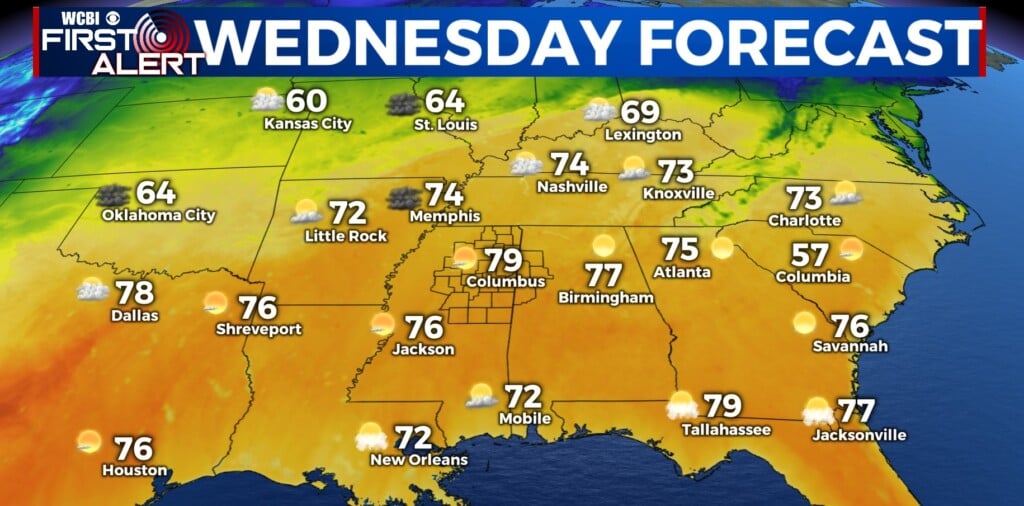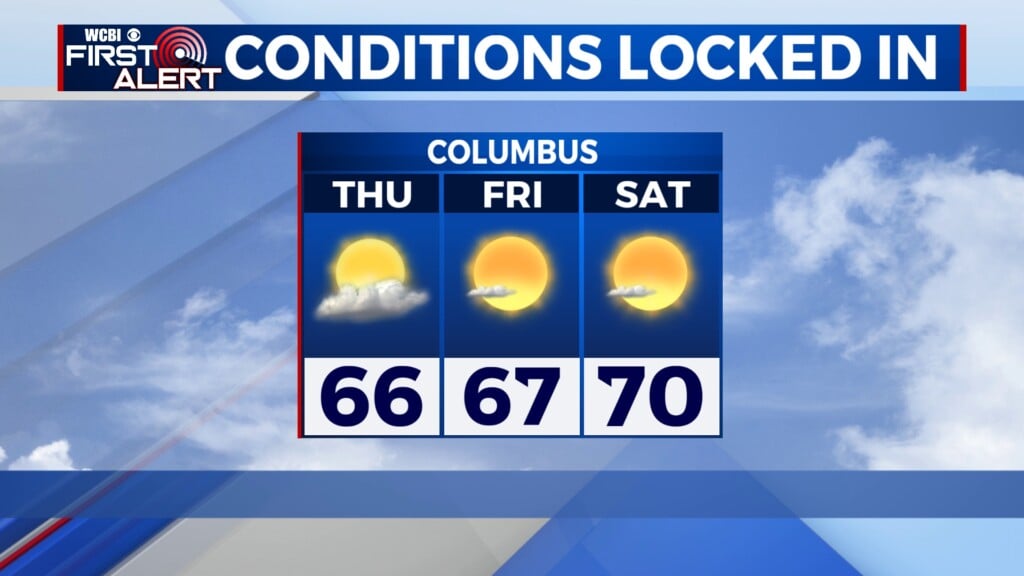Attorney General and Board of Contractors Warn Storm Victims of Post-Storm Dangers
JACKSON, Miss. (Press Release) — Attorney General Jim Hood reminds recent storm victims of the dangers that come from crooked contractors following disasters and storm damage like the State has recently seen.
Following the cycles of recent storms, the Mississippi Attorney General’s Office (MSAGO) and the Mississippi State Board of Contractors (MSBOC) are joining forces to send a message to crooked contractors that bad business will not be tolerated in the Magnolia State and violators will be prosecuted.
“Our thoughts go out to our friends and neighbors around the state who have been impacted by the recent storms,” said Attorney General Jim Hood. “As usual after such widespread damage occurs, crooks will be on the prowl looking to take advantage of the misfortune of vulnerable homeowners. Before you hire someone to repair any damage to your property, be sure to educate yourself on how to best protect yourself.”
“We caution storm victims to know who you are dealing with and do not hire the first contractor who comes along,” said Stephanie Sills Lee, Executive Director for the MSBOC. “Take your time and protect yourself against con artists who will take your money and run or from unskilled contractors who will perform careless work.”
Most of the common “after-disaster” scams involve tree damage caused by the storm. Here are some tips to protect yourself from fraudulent tree cutters:
· Check out the company and make sure the company is insured. Contact our Consumer Protection Division or the Better Business Bureau of Mississippi to see if they have complaints against the company. Ask for several local references that are recent of at least one year-old and make sure to follow through on checking them. Look online at reviews of their work. If a tree removal service claims to have insurance, contact the insurer directly and ask them to send you a copy of the tree removal service’s certificate of insurance.
· Take time to shop around and be suspicious of any price that seems unusually high or low. Get written estimates from more than one company and check with friends or family who’ve had tree work done recently to see what they paid and who they would recommend.
· Ask how the job will be done and if they will perform the work according to industry standards. Pay attention to their “lingo” such as, “topping a tree,” “lion’s-tailing” or “using climbing spikes to prune a tree” If you hear these sayings, the company more than likely does not follow industry standards. “Topping” is drastically cutting back the major limbs of a tree to reduce its size. “Lion’s tailing” is an extreme stripping out of most of the interior branches of a tree. Such practices can injure or kill your tree. Sometimes these techniques will be presented as a way to save money by removing more of the tree at one time. However a tree pruned by one of these methods usually requires more expensive restoration work in the future in order to save it.
· Ask about cleaning up and the debris removal after the job is done. Before the job is started, ask if the company will remove the tree from your property as well as cut it down because if they don’t, it could lead to you having to also pay for debris removal.
-more-
“Since our honest builders are so busy after disaster strikes, many people are hesitant to demand all of the suggested information for fear of losing the builder,” said Attorney General Hood. “That’s why we are joining forces with the Board of Contractors to offer these guidelines and suggestions to help consumers avoid possible misunderstandings about tree cutters and home repair contractors.”
Some tips recommended by both agencies to protect yourself from crooked contractors:
· Hire only licensed and bonded contractors. Ask to see the license and verify the bond.
· Use Mississippi contractors if you can.
· Verify the contractor’s license by checking online at www.msboc.us
· Be wary of supposed contractors who come to your home soliciting business. Most reputable contractors will be busy and won’t need to solicit business.
· Always get more than one estimate. Three bids are recommended.
· Request references and talk with those references.
· Put all your terms in writing. A copy of a “model contract” can be found at www.agjimhood.com
Attorney General Hood reminds consumers that the most effective way to prosecute a fraudulent home repair contractor is by taking photo or video of them. “At the very least, record your conversations when you discuss the terms of the contract and during all transactions. Usually, a con artist will take off at the mere mention of a video recording, but either way, you will have better peace of mind to be able to identify them if they do turn out to be a fly-by-night operation.”
A conviction for Home Repair Fraud could result in up to ten years behind bars. The MSAGO and the MSBOC both intend to prosecute, to the fullest extent of the law, anyone caught committing home repair fraud.
In the aftermath of any storm or any other time, if you suspect home repair fraud or think you may have been conned by a scam artist, please contact the Office of the Attorney General, Consumer Protection Division at 601-359-4230 or 1-800-281-4418 to file a complaint. Consumers can check a contractor’s qualifications or file a complaint with the MSBOC by calling 1-800-880-6161 or by visiting www.msboc.us. A copy of the Attorney General’s “Consumer Tips for Storm Victims” can also be downloaded at www.agjimhood.com. More resources and tips can be found on both agencies’ websites.





Leave a Reply